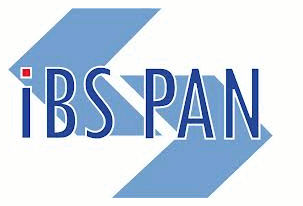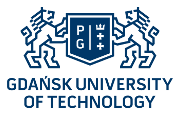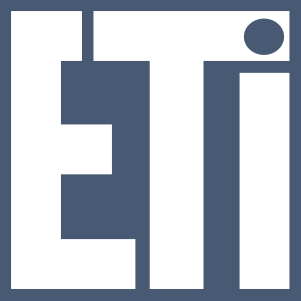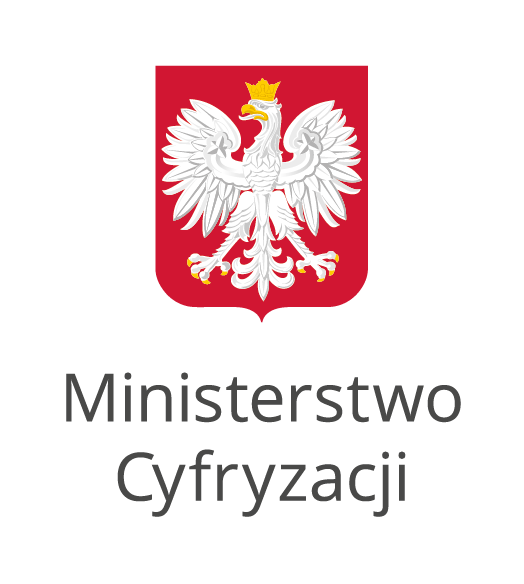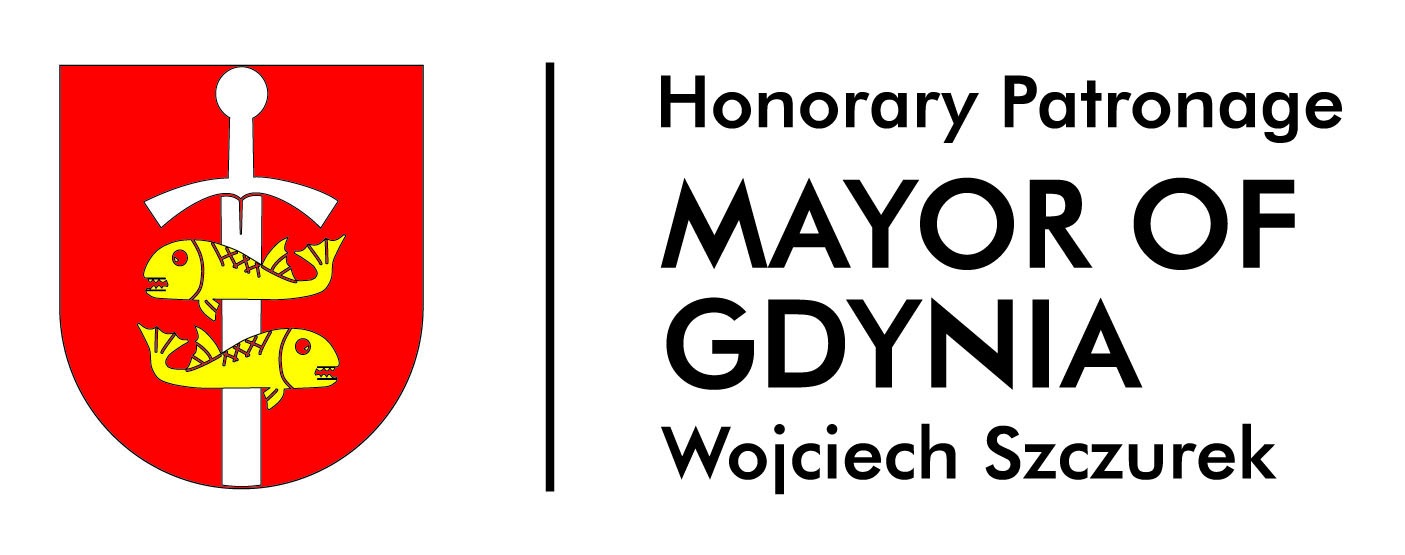2nd International Workshop on Ubiquitous Home Healthcare (UHH'16)
Gdansk, Poland, 11 - 14 September, 2016
Population aging is a phenomenon affecting many countries around the world. For example in Europe the life expectancy increased from 45 years in the early twentieth century, to 80 years now. Significantly longer life leads to age-related problems and diseases. In parallel, the cost of hospital care is increasing and additionally, a lack of the qualified caregivers is observed. Development of ubiquitous healthcare technologies can improve the quality of life of assisted citizens and can curtail growth in healthcare spending fueled by aging populations, and the prevalence of obesity, diabetes, cancer and chronic heart and lung diseases. In particular, information systems integrated with wearable, mobile devices and sensor networks at home can continuously assist persons while moving out or staying at home. Ubiquitous healthcare systems used as assisted living solutions will not only help to prevent, detect and monitor health conditions of a person but will also support of elderly, sick and disabled people in their independent living.
The goal of the UHH 2016 workshop is to gather researchers and engineers working in the field of ubiquitous healthcare to present and discuss new ideas, methods, and applications of assisted living IT technologies.
Topics
The workshop welcomes all work related to ubiquitous healthcare, but with a focus on the following themes (this list is not exhaustive):
- Ubiquitous healthcare information systems,
- Information processing algorithms for UHH,
- Ubiquitous services for home and mobile applications,
- Human-system interaction in UHH,
- Wearable sensors and systems,
- Smart glasses and smart watches in UHH,
- Data mining and knowledge discovery in ubiquitous healthcare,
- Integration of sensors and devices for UHH,
- Security of ubiquitous healthcare systems,
- Ensuring the Availability, Transparency, Seamlessness, Awareness, and Trustworthiness (A.T.S.A.T.) of home and mobile systems,
- Standardization in ubiquitous home healthcare,
- Applications of UHH for elderly, sick, and disabled people,
- Elderly care monitored dosage systems,
- Welfare technology for UHH.
The proposed papers should emphasize at least one of the following aspects:
- Assisted living,
- Home care,
- Self care,
- Mobile care.
Best paper award
During the closing ceremony the best paper award will be presented. Selection criteria will be based on results of the reviewing process and the quality of the presentation.
Paper submission
- Authors should submit draft papers (as Postscript, PDF or MSWord file).
- The total length of a paper should not exceed 10 pages IEEE style (including tables, figures and references). IEEE style templates are available here.
- Papers will be refereed and accepted on the basis of their scientific merit and relevance to the workshop.
- Preprints containing accepted papers will be published on a USB memory stick provided to the FedCSIS participants.
- Only papers presented at the conference will be published in Conference Proceedings and submitted for inclusion in the IEEE Xplore® database.
- Conference proceedings will be published in a volume with ISBN, ISSN and DOI numbers and posted at the conference WWW site.
- Conference proceedings will be indexed in BazEkon and submitted for indexation in: Thomson Reuters - Conference Proceedings Citation Index, SciVerse Scopus, Inspec, Index Copernicus, DBLP Computer Science Bibliography and Google Scholar
- Extended versions of selected papers presented during the conference will be published as Special Issue(s).
- Organizers reserve right to move accepted papers between FedCSIS events.


